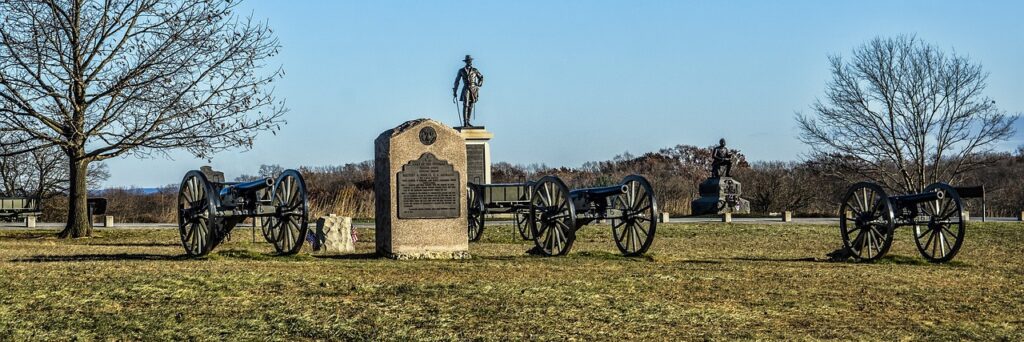Abraham Lincoln, born on February 12, 1809, in Kentucky, was one of the most transformative leaders in American history. As the 16th President of the United States, he played a crucial role in preserving the Union during the Civil War, freeing the slaves, and modernizing the country. Today, Lincoln is remembered as one of America’s greatest Presidents and a symbol of courage, integrity, and wisdom.
Lincoln was born into humble circumstances, raised in a one-room cabin in rural Kentucky. Despite limited education and financial resources, he was an avid reader and an astute observer of human nature. As a young man, he worked as a storekeeper, surveyor, and postmaster, developing a keen sense of the common man and a commitment to justice and equality.
In 1846, Lincoln was elected to the U.S. House of Representatives, where he quickly gained a reputation as an able and principled politician. He opposed the Mexican-American War and the expansion of slavery, speaking out against the spread of human bondage and advocating for the rights of free men and women.
In 1860, Lincoln was elected President, just as the country was on the brink of Civil War. He faced a deeply divided nation, with many of the southern states threatening to secede from the Union. Despite fierce opposition and numerous challenges, Lincoln stood firm in his commitment to preserving the Union and ending slavery.
Lincoln was a visionary leader, guiding the country through one of its darkest periods and working tirelessly to restore peace and unity. He delivered some of the most memorable speeches in American history, including the Gettysburg Address, in which he called for a “new birth of freedom” and a “government of the people, by the people, for the people.”


Throughout the Civil War, Lincoln displayed remarkable courage and wisdom, relying on his moral compass and his faith in the American people to guide him through the crisis. Despite numerous setbacks and setbacks, he never lost sight of his goal of ending slavery and preserving the Union.
In January 1865, Lincoln was reelected President, and just months later, the Civil War came to an end. The Union was saved, and slavery was abolished. The country was poised for a new era of growth and progress, but Lincoln would not live to see it. On April 14, 1865, just days after the end of the war, Lincoln was assassinated at Ford’s Theatre in Washington, D.C.
Despite his untimely death, Lincoln left a lasting legacy. He is remembered as one of America’s greatest Presidents, a symbol of courage, integrity, and wisdom. His vision of a nation where all men are created equal and his unwavering commitment to preserving the Union have inspired generations of Americans and earned him a place in the pantheon of great American leaders.


The birth and life of Abraham Lincoln was a story of courage, vision, and leadership. Despite humble beginnings and numerous challenges, he rose to become one of America’s greatest Presidents, guiding the country through its darkest hour and working tirelessly to preserve the Union and end slavery. Today, he is remembered as a symbol of courage, integrity, and wisdom, inspiring generations of Americans to strive for a more just and equitable society.


